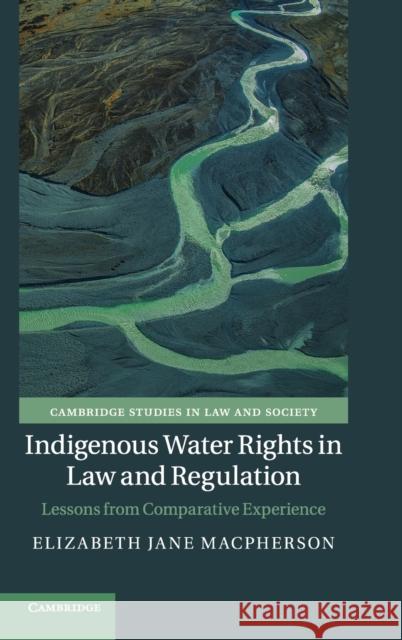Indigenous Water Rights in Law and Regulation: Lessons from Comparative Experience » książka
topmenu
Indigenous Water Rights in Law and Regulation: Lessons from Comparative Experience
ISBN-13: 9781108473064 / Angielski / Twarda / 2019 / 310 str.
Indigenous Water Rights in Law and Regulation: Lessons from Comparative Experience
ISBN-13: 9781108473064 / Angielski / Twarda / 2019 / 310 str.
cena 488,86
(netto: 465,58 VAT: 5%)
Najniższa cena z 30 dni: 473,47
(netto: 465,58 VAT: 5%)
Najniższa cena z 30 dni: 473,47
Termin realizacji zamówienia:
ok. 16-18 dni roboczych.
ok. 16-18 dni roboczych.
Darmowa dostawa!
A detailed study of the engagement of state law with indigenous rights to water in comparative legal and policy contexts.











